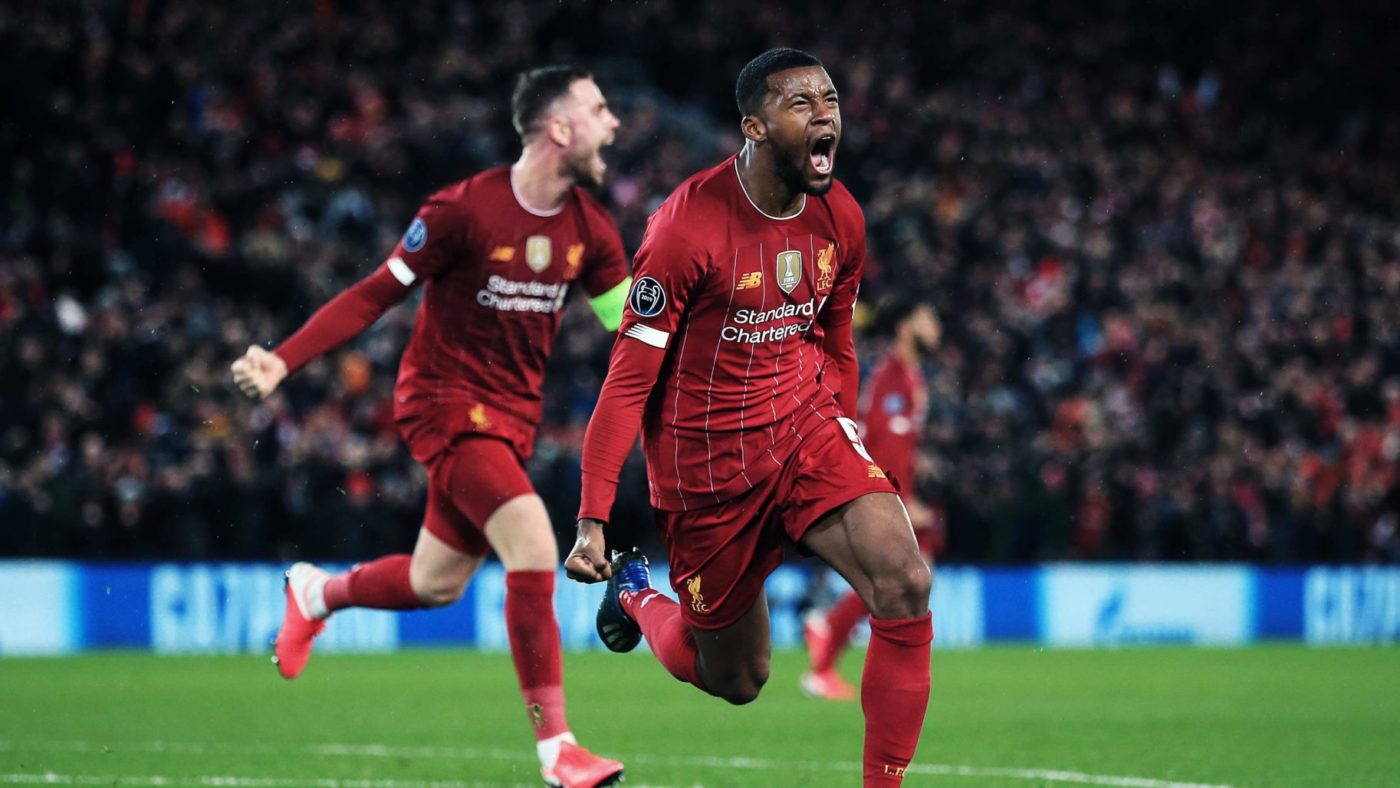After weeks of Saturdays sat twiddling our thumbs in the living room, staring blankly at the TV and pining after Jeff Stelling, the wait is finally over. Football is back.
But one thing that hasn’t returned is the 3pm blackout rule. Since the 1960s it has been illegal in the UK to broadcast live football on a Saturday between 2.45pm and 5.15pm. Introduced because Football League chairmen believed it would protect revenue from fans who would have to continue making the trip to the ground rather than sitting at home in a comfier chair with a considerably cheaper pint, the rule has been temporarily suspended because coronavirus restrictions mean English football has been allowed to kick off again only behind closed doors.
There is some evidence to suggest the ban works, but often it’s by a narrow margin or negligible, especially as the link between growing up in an area and supporting your local team has weakened. The idea that not having the Liverpool match on TV on a Saturday afternoon means you’ll instead head on down to Meadow Ground and watch Boreham Wood seems a bit far-fetched for most people.
The 3pm kick-off itself harks back to a time when most working-class men would spend Saturday mornings at work, usually in factories, then head en masse to the local ground. For how many fans is that still a reality? Why protect the 3pm Saturday kick-off over the noon or the 5.15pm? Bringing matches forward would mean less time in the pub beforehand and could make grounds more family friendly – there’s a reason local derbies usually kick off earlier and it’s so the fans have less time to get drunk and start fighting.
The ban is also ridiculous in that it applies to all live football. The blackout rule came under scrutiny in 2014 when fans in the UK were forced to miss the first 15 minutes of El Clasico because it kicked off during the UK’s blackout period. You can’t tell me that was necessary to encourage Brits to pop along to the Bernabéu, pay on the gate, and watch from the stands.
The amount of money clubs generate from television deals has only grown since the ban first came into effect. Providers market their packages on the number of games they have rights to, so clubs have come under increasing pressure to play games at other times.
Putting the second leg of a play-off semi final on a Thursday night might make the pub landlords happy and given the importance of the game some fans will pile on the coaches no matter how far away the match is but it’s hard to argue giving away fans a 660 mile round trip for a 7.45pm kick off on a work night is putting them at the heart of the game (Sunderland vs Portsmouth, May 2019. We won on aggregate but let’s not talk about the final eh).
Coronavirus has helped do away with a lot of pointless regulations that were never needed. Labour laws have been liberalised to allow speedier deliveries of stock to supermarkets. Restaurants no longer need specific planning permission to serve takeaway food. The NHS welcomed back retired staff to help treat patients, aided by the lifting of the regulation which said they could only return to work for a maximum of 16 hours a week. There’s even rumours that Sunday trading laws could be reviewed and relaxed. Politicians should add the 3pm blackout to that list.
That’s not to say I’m indifferent to the argument that live football is a special thing. Yes, watching on TV is easier. It’s warmer (again, Sunderland fan here), the beer is cheaper, the food is better, and there’s no stadium staff giving you an earful if you stand up for too long. But there’s also no atmosphere, no real camaraderie, no hanging out in the pub beforehand, no Bovril, and no looking around on the train to the game and spotting your team colours peeking under the coats of passengers around you. No experience like being a kid and being lifted up completely out of your seat by a stranger in the row behind when you score against the odds.
Live football is, and hopefully always will be, magical. We just don’t need a silly blackout ban based on long-gone history to protect it.
Click here to subscribe to our daily briefing – the best pieces from CapX and across the web.
CapX depends on the generosity of its readers. If you value what we do, please consider making a donation.


